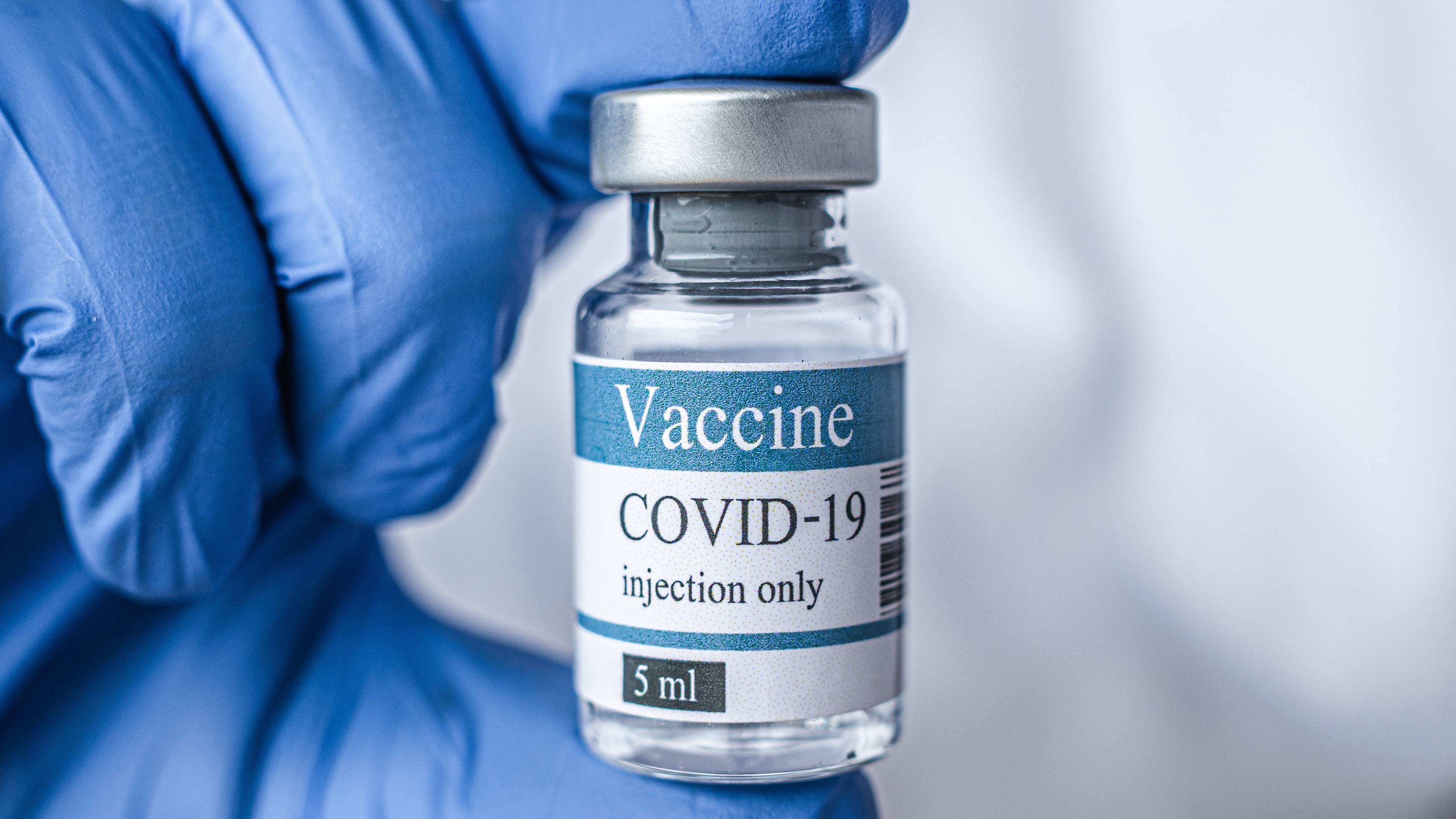
By Ger Molly – The Irish Channel
A series of large, peer-reviewed population-based studies spanning three continents—from South Korea, Italy, and Japan—have independently reported a statistically significant pattern of elevated cancer rates in individuals who received COVID-19 vaccines compared to unvaccinated cohorts.
The collective findings highlight a measurable increase in cancer diagnoses (incidence), hospitalizations, or mortality affecting several common cancer types, including breast, prostate, and colorectal cancers, within one to three years post-vaccination. While these observational results clearly establish a strong correlation, their interpretation is subject to intense scientific debate: researchers are actively working to determine whether the pattern is a direct biological effect of the vaccine or an artifact of improved cancer screening among the health-conscious, vaccinated population, known as detection bias.
Here is a summary of the findings and the overall pattern:
Pattern from the Three Studies
The key commonality across the three studies is that vaccinated populations showed an elevated or increased rate of cancer diagnoses/mortality within a relatively short period (1–3 years) compared to the unvaccinated.
| Study | Population Size & Type | Key Finding | Cancers with Notable Increase |
| South Korea | ≈8.4 Million Individuals (2021-2023) | Increased risk of six specific cancers 1 year post-vaccination. | Thyroid, Gastric, Colorectal, Lung, Breast, Prostate. |
| Italy | ≈300,000 Residents in Pescara Province (30-month follow-up) | Slightly higher likelihood of cancer hospitalization among the vaccinated. | Colorectal, Breast, Bladder. |
| Japan | National Mortality Data (2020-2022) | Significant excess mortality for all cancers observed, particularly after the third mRNA dose. | Ovarian, Leukemia, Prostate, Breast, Pancreatic. |
Direct links to the three peer-reviewed studies discussed, along with the journal and publication status:
The Italian Study (Cancer Hospitalization):
Title: COVID-19 vaccination, all-cause mortality, and hospitalization for cancer: 30-month cohort study in an Italian province
Journal: EXCLI Journal (Published in PMC)
Link: https://pmc.ncbi.nlm.nih.gov/articles/PMC12381369/
The South Korean Study (Cancer Incidence):
Title: 1-year risks of cancers associated with COVID-19 vaccination: a large population-based cohort study in South Korea
Journal: Biomarker Research (Published in PMC)
Link: https://pmc.ncbi.nlm.nih.gov/articles/PMC12465339/
The Japanese Study: Increased Age-Adjusted Cancer Mortality After the Third mRNA-Lipid Nanoparticle Vaccine Dose During the COVID-19 Pandemic in Japan (Published in PMC, with a retraction notice: )
Link: https://pmc.ncbi.nlm.nih.gov/articles/PMC11077472/
Conclusion
There is a clear pattern of elevated cancer diagnoses and/or mortality in vaccinated cohorts in the published literature from South Korea, Italy, and Japan.
However, drawing a definitive conclusion from this pattern is impossible without further research.
It is difficult for any of these large population studies to completely rule out the influence of screening delays caused by the pandemic, which would artificially inflate the diagnosis rate in the healthier, vaccinated cohort.
Conversely, the speed and breadth of the pattern are raising significant questions that require continued, long-term, and high-quality epidemiological research to resolve.
